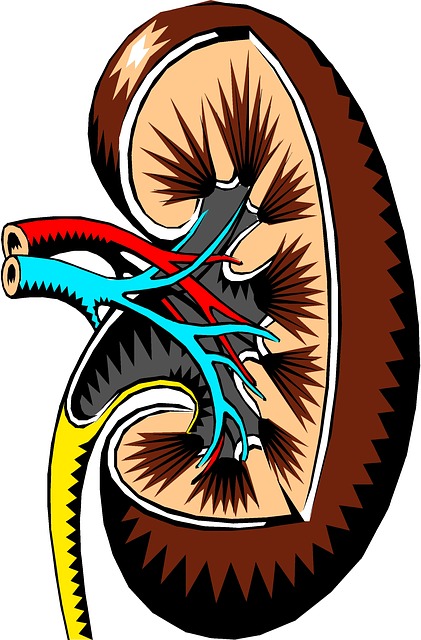
For two years, thousands of scientists and doctors around the world have been working to understand how COVID-19 develops and what relationship it has with other types of diseases. Various studies indicate that people with diabetes are more likely to develop severe COVID-19, as well as that more than 20% of patients hospitalized for COVID-19 suffer acute kidney damage. However, to date, it was unknown what was the factor that caused this to happen.
Now, an international team led by Nuria Montserrat, ICREA research professor at the Institute of Bioengineering of Catalonia (IBEC) and international collaborators have used bioengineering to develop mini-kidneys that simulate the kidney of a person in the early stages of diabetes.
In this international collaboration the researchers have provided, for the first time, the use of kidney organoids to understand the early stages of diabetes in this organ. In order to demonstrate that the ACE2 receptor plays an essential role in SARS-CoV-2 infection in the kidney, the team has also used genetic engineering to generate defective organoids for other receptors described to date as gateways for the virus. Using patient kidney cells, this study also reveals the role of energy metabolism in SARS-CoV-2 infection, opening the door to the identification of new therapeutic interventions to treat COVID-19. This groundbreaking study has just been published in the journal Cell Metabolism.
Read more...







